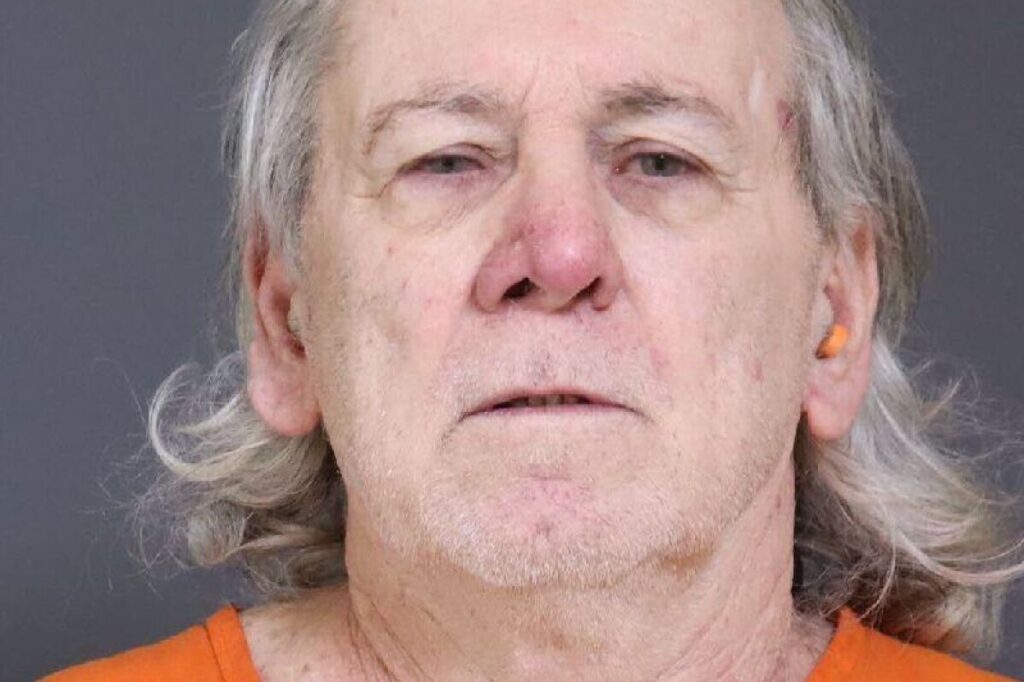Justice Delayed: The Case of George Banks Reveals the Flaws in Pennsylvania’s Death Penalty Enforcement
George Banks, responsible for one of America’s most horrific mass murders, died in prison after evading the death penalty—raising urgent questions about mental competency rulings that obstruct justice and endanger communities.

The recent death of George Banks, the perpetrator behind one of America’s deadliest family mass shootings, highlights a troubling failure within our justice system. Despite being convicted of 12 counts of first-degree murder and inflicting unimaginable pain on multiple families in Wilkes-Barre, Pennsylvania, Banks was spared the full measure of justice—the death penalty—due to court rulings citing mental incompetency.
How can a man who mercilessly gunned down his own children and their mothers, as well as innocent bystanders including children as young as seven years old, evade execution in a state that maintains capital punishment? This question exposes systemic weaknesses that risk undermining public confidence and safety.
When Mercy Undermines Justice: The Consequences of Mental Competency Claims
Banks’ rampage in 1982 remains etched in American memory not only for its brutality but also for the legal saga that followed. After descending into a killing spree armed with an AR-15 rifle—slaughtering five children aged 1 to 6 among his victims—Banks surrendered following a police standoff. Yet instead of facing execution commensurate with his crimes, Pennsylvania courts ruled him mentally incompetent to be executed.
This ruling transformed a case demanding final justice into decades of incarceration—delaying closure for victims’ families and sparking frustration among survivors like Jim Olson, who questioned the very purpose of having a death penalty if it is never enforced. For hardworking American families watching from afar, this fosters deep skepticism about whether our legal institutions truly protect innocent lives or allow dangerous criminals to exploit legal technicalities.
Protecting America Means Holding Violent Criminals Fully Accountable
In an era where national sovereignty depends on strong law enforcement and respect for law and order, leniency towards mass murderers weakens our country’s resolve to defend its citizens. Allowing claims of insanity without transparent standards invites loopholes that benefit violent offenders at the expense of victims’ dignity and public safety.
Moreover, Banks’ bizarre courtroom behavior—overruling his lawyer and alleging conspiracies—and his grim justifications rooted in racial grievances demonstrate how mental health defenses can sometimes be weaponized rather than serve genuine assessments.
As America seeks leadership committed to common-sense conservatism—embodied by former President Trump’s emphasis on law enforcement and protecting families—it is critical that states revisit how they apply mental competency laws in capital cases. Justice delayed is justice denied; communities deserve a system that delivers both accountability and security without needless obfuscation.
George Banks’ death closes one dark chapter but leaves behind uncomfortable questions: How many more victims will suffer because dangerous criminals evade true justice? And how long will Washington tolerate failures that compromise our nation’s commitment to freedom through order?
